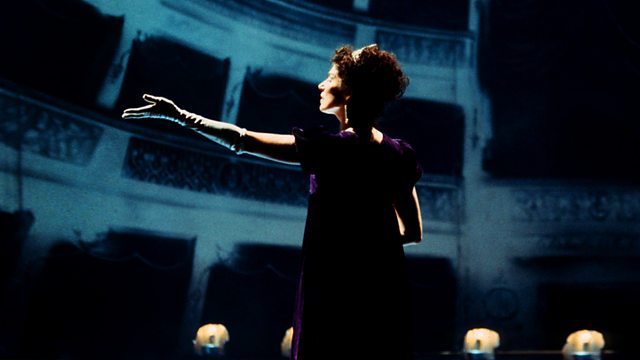
Tom Sutcliffe
Critic Tom Sutcliffe argues that opera's intimacy lies at the core of its effectiveness. For him, the aria is a confessional form, opening up a character's emotions.
Tom Sutcliffe has a long pedigree when it comes to opera. He was hooked at the age of four. It's given him plenty of time to fathom what it is that makes this theatrical form impinge so powerfully. He argues that while it might seem grand, flamboyant, passionate and overtly emotional, when you look more closely it's the intimacy of it that counts. The aria, and Tom believes these are at its core, is a confessional form. It might be launched into a huge auditorium with gut-busting zeal and massive vocal projection, but what it does is to open the character's emotions up to the audience by way of the music. The music, the singing, is everything, and it's why the aria, which Tom believes is opera's version of the cinematic close-up, is so important.
There are plenty of other elements that contribute. Relevance in setting and substance can be too slavishly observed but they matter as well. Laced with his recollections of the good and the bad in his many years as a critic, Tom makes the case for opera by going beyond the usual cliche's and enthusiasms for grandeur and beauty.
Last on
More episodes
Previous
You are at the first episode
Broadcasts
- Mon 31 May 2010 23:00大象传媒 Radio 3
- Mon 25 Jul 2011 22:45大象传媒 Radio 3
Death in Trieste
Watch: My Deaf World
The Book that Changed Me
Five figures from the arts and science introduce books that changed their lives and work.
Podcast
-
![]()
The Essay
Essays from leading writers on arts, history, philosophy, science, religion and beyond.




